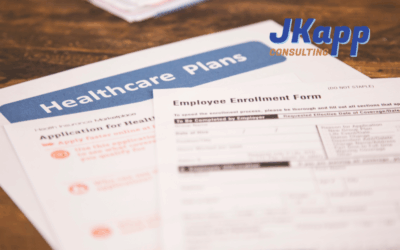The Smart Way to Handle Surprise Medical Bills (Without Hurting Your Credit)
How to Save Big on Medical Bills: Insider Tips You Need to Know
Surprised by a sky-high bill from the ER, lab, or hospital—even though you have insurance? You’re not alone, and the good news is: you’re not powerless.
This week, we’re diving into a little-known strategy that can help you slash medical costs, avoid damaging your credit, and take back control of your healthcare finances.
🏥 Why You Might Get That Huge Bill
Even if you handed over your insurance card at check-in, you might still get hit with a massive bill. Why? Because many services—especially lab work, ER visits, and imaging—are applied to your deductible. If you haven’t met your deductible, insurance doesn’t pay, and you’re left with the full bill.
⏱️ Wait It Out (It Won’t Hurt Your Credit—Yet)
If you’re in Texas, here’s the key: medical collections can’t be reported to your credit for 12 months after they’re sent to collections. That gives you time to negotiate.
Don’t rush to pay that first bill. Let it go to collections. Often by the third collection letter, you’ll get a one-time offer for 50% off. Yes—half off. This tactic works especially well for lab bills and smaller charges.
⚠️ Important: Always confirm with the collection agency that your payment is marked as “paid in full” before you pay anything. Get it in writing.
❌ Don’t Set Up a Payment Plan (Yet)
Calling the hospital or ER to negotiate usually leads to them offering a payment plan—not a discount. Avoid this. Once you’re on a payment plan, they won’t negotiate further. Instead, wait until the bill is in collections, then make your offer.
💡 Ask About Financial Assistance
Every hospital has a financial assistance program, but they don’t always tell you about it. If your income is low or you’re in between jobs, apply. One client who was billed $300,000 for a six-week hospital stay at St. David’s ended up paying just $950. Seriously.
🧠 Bonus Tips for Smarter Spending
- Some hospitals, like St. David’s in Austin, offer up to 91% discounts for cash-pay patients.
- Letting a bill go to collections doesn’t mean ignoring it forever—just long enough to negotiate a better deal.
- For labs, prescriptions, and imaging, sometimes paying cash is cheaper than using your insurance. Tools like GoodRx can save you money.
Caveat: Paying cash won’t count toward your deductible, but if you never meet your deductible anyway, it might be the smarter option.
Final Thoughts
Medical billing is confusing and sometimes downright outrageous—but you don’t have to accept the first number you see. With a little patience and strategy, you can save hundreds (if not thousands) of dollars on your healthcare expenses.
Need help understanding your health insurance plan or negotiating the right coverage?
Schedule a free consultation at jkappconsulting.com and take the stress out of healthcare.



